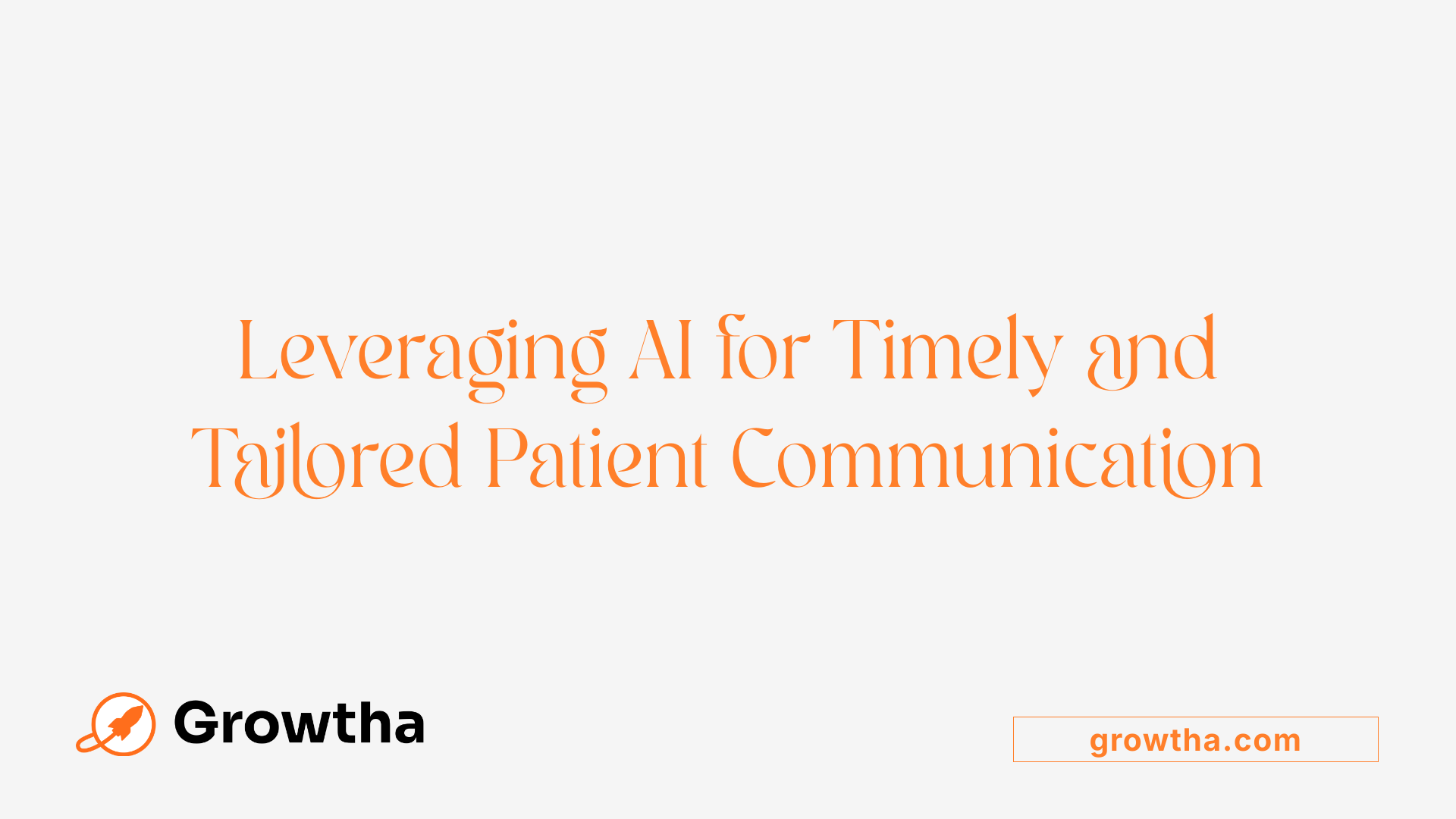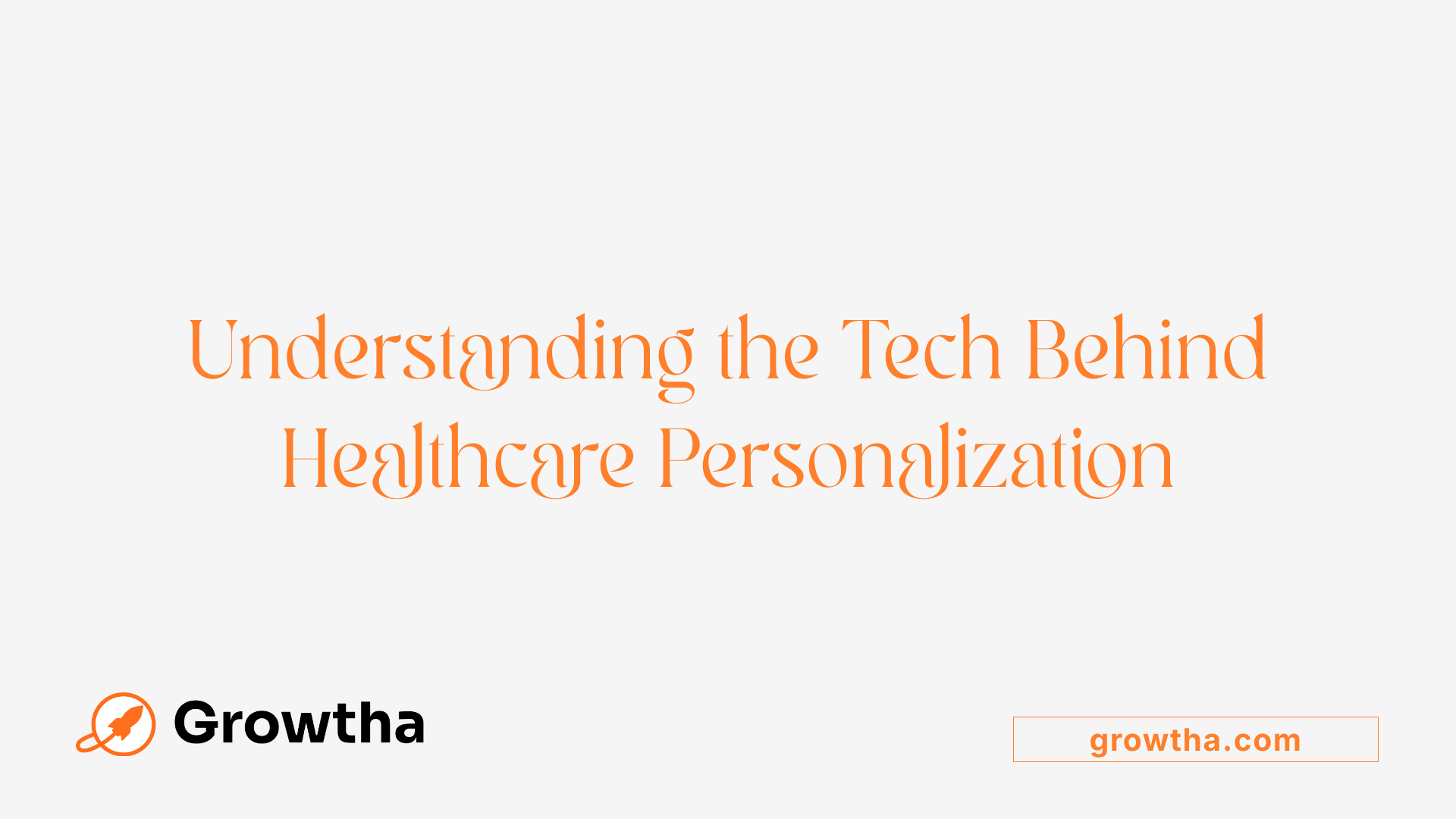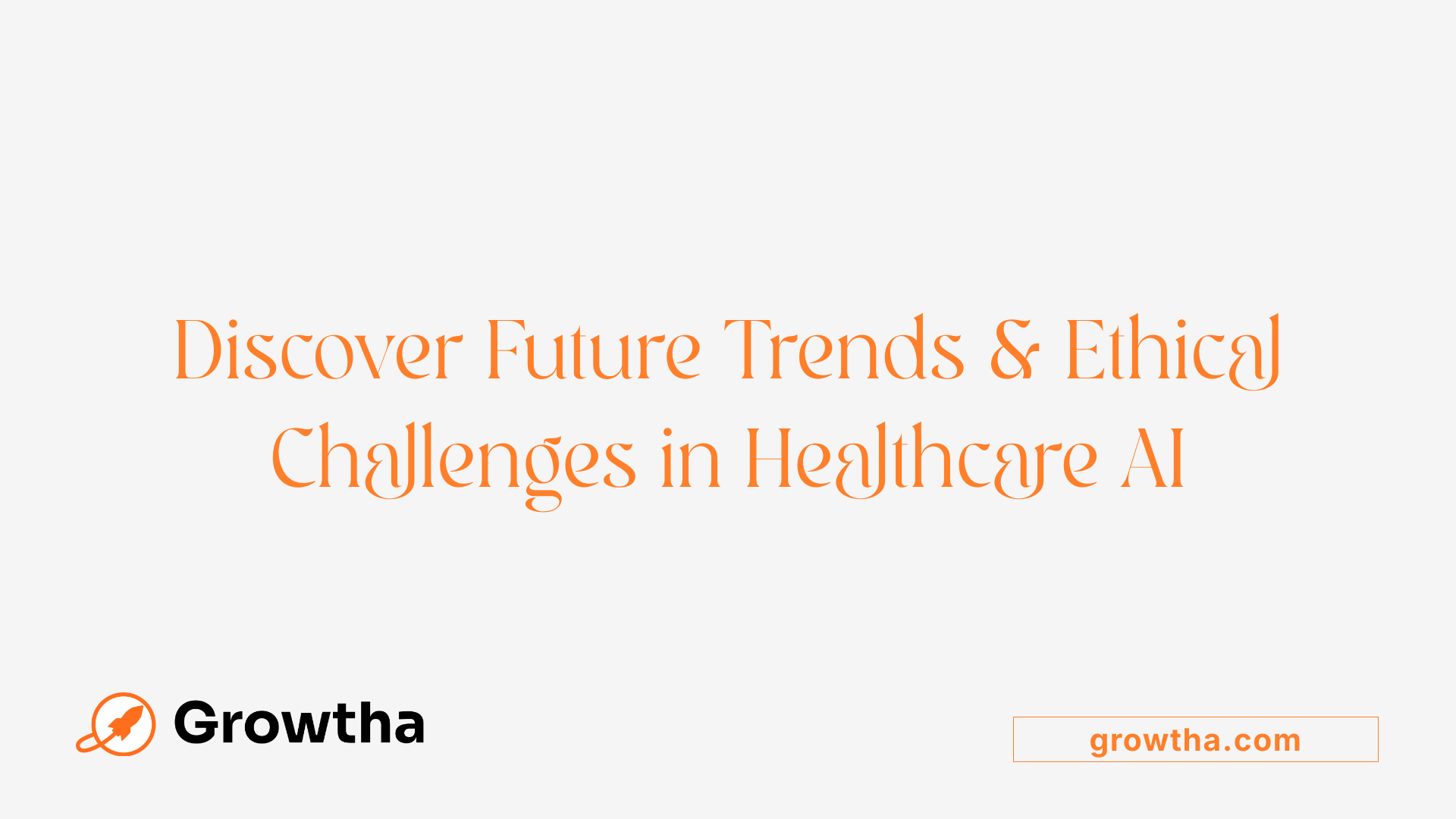Artificial Intelligence (AI) is revolutionizing the way healthcare providers communicate with patients by enabling real-time, personalized, and empathetic interactions. From automated responses to predictive insights, AI tools are addressing longstanding challenges such as limited personalization, staff burnout, and engagement gaps. This article explores how AI is transforming patient communication, the methodologies behind these innovations, their benefits, challenges, and future prospects.

AI-driven personalized patient messaging offers numerous benefits in healthcare. It enhances patient engagement by delivering tailored communication that aligns with individual health conditions, preferences, and learning styles. This personalization helps patients better understand their health information, leading to improved adherence to treatment plans.
Using AI, healthcare providers can leverage predictive analytics to identify at-risk patients early, supporting timely interventions for conditions like sepsis, heart failure, or cancer. AI tools such as chatbots and wearable devices empower patients to manage their health more actively by enabling remote monitoring, medication adherence, and self-management.
Furthermore, AI streamlines administrative tasks, reduces healthcare costs by preventing complications, and enables data-driven clinical decision-making. These advancements support a more efficient and patient-centered healthcare system.
However, it is critical to maintain ethical standards, protect patient data privacy, and address biases in AI models to fully benefit from these technologies.
Personalizing patient communication involves various innovative methodologies and tools. Natural Language Processing (NLP) reflects the core technology, enabling AI systems to understand and generate human language for conversations via chatbots and virtual assistants.
Machine learning models analyze extensive datasets, including electronic health records, genetic information, and demographic data, to tailor messages and recommendations.
Wearable devices and ambient monitoring systems gather real-time physiological data, providing insights that allow for personalized health feedback and lifestyle recommendations.
Predictive analytics and deep learning techniques forecast disease progression and patients' responses to treatment, informing customized care plans. These approaches collectively make healthcare communication more accessible, efficient, and suited to each patient's unique needs.
AI enhances patient communication by leveraging individual health data, behavioral patterns, and preferences to deliver customized messages. Automated virtual assistants and chatbots, powered by NLP, facilitate proactive symptom assessment, answer questions, and provide health education tailored to the patient's condition.
Remote monitoring devices utilize AI to track vital signs and behaviors, offering real-time data that enables healthcare providers to adjust care plans accordingly.
Predictive analytics help identify patients at risk of deterioration, allowing for timely follow-ups and personalized interventions. AI-driven systems can also customize appointment reminders, medication guidance, and lifestyle recommendations, improving adherence and engagement.
This personalization fosters more meaningful interactions, making healthcare delivery more responsive and patient-centered. It ultimately leads to better health outcomes, higher patient satisfaction, and more efficient use of healthcare resources.
Aspect Technology/Approach Impact Additional Details Response Drafting GPT-4 and AI models integrated with EHR Improves response quality and empathy Drafts reviewed and edited by clinicians Personalized Messaging NLP, ML, predictive analytics Enhances patient engagement and adherence Supports early diagnosis and risk prediction Remote Monitoring Wearable sensors, ambient AI Customizes care based on real-time data Facilitates virtual consultations and follow-ups Patient Education AI-generated tailored materials Fosters understanding and reduces anxiety Uses layman's terms and visual explanations Service Efficiency AI scheduling and reminders Reduces missed appointments and wait times Improves overall care coordination

Natural Language Processing (NLP) plays a crucial role in healthcare AI by enabling systems to interpret and generate human-like language. This technology allows chatbots and virtual assistants to craft personalized messages, answer patient queries, and simulate empathetic communication, making interactions more engaging and understandable.
Predictive analytics and machine learning (ML) techniques analyze vast datasets, including electronic health records, genetic information, and patient demographics. These tools forecast disease progression, predict individual responses to treatments, and flag potential health risks. By leveraging this data, healthcare providers can develop tailored care plans that suit each patient's unique health profile.
Integration with electronic health records (EHR) ensures that AI systems have access to comprehensive patient information. Embedding AI tools within EHR platforms allows for continuous data updating and real-time decision support. For example, AI can automatically draft responses to patient inquiries based on recent medical history, recommendations, and ongoing treatments.
Real-time data collection and analysis further enhance personalization efforts. Wearable devices and ambient monitoring systems gather physiological data continuously, providing immediate insights into patient health status. AI analyzes this data to offer personalized feedback, adjust medication schedules, and alert clinicians to concerning changes, thereby supporting proactive care.
Methodology Tools and Techniques Use Cases Natural Language Processing Chatbots, virtual assistants, language models Drafting empathetic responses, answering patient questions Machine Learning & Predictive Analytics Deep learning models, data mining Forecasting disease risks, customizing treatment plans EHR Integration Embedded AI modules, data pipelines Auto-generating responses, clinical decision support Real-time Data Analysis Wearables, ambient sensors, cloud computing Monitoring vital signs, real-time patient alerts
These technological foundations support a more accessible, efficient, and personalized approach to patient communication, ultimately leading to improved care experiences and outcomes.

Looking ahead, healthcare communication is poised for significant transformation driven by more advanced AI models. These sophisticated systems will support real-time, context-aware interactions, creating a more engaging and empathetic dialogue between patients and providers.
One major development will be the integration of AI with comprehensive electronic health records (EHRs) and other health data sources. This will enable highly personalized communication, tailoring education, treatment plans, and follow-up based on individual health profiles.
Generation AI and autonomous enterprise agents are expected to automate routine clinical documentation, streamline administrative workflows, and assist clinicians in delivering highly personalized care efficiently. This automation will free up providers to focus more on direct patient interactions.
In addition, AI will expand into telemedicine, robotic rehabilitation, and predictive diagnostics. These tools will enhance early detection of health issues, improve management of chronic conditions, and facilitate remote consultations that feel more natural and personalized.
As regulatory frameworks evolve, emphasizing safety, privacy, and ethical standards, these innovations will more reliably support patient-centered and accessible healthcare. Overall, AI-driven communication will become faster, clearer, and more tailored, leading to better health outcomes and higher patient satisfaction.
As AI continues to advance, its role in personalizing and enhancing patient communications will become increasingly integral to healthcare delivery. By leveraging sophisticated methodologies such as natural language processing, predictive analytics, and integrated data systems, healthcare providers can offer more empathetic, timely, and tailored interactions. These innovations not only improve patient engagement and satisfaction but also support better clinical outcomes and operational efficiency. Addressing ethical and regulatory challenges remains essential to ensure that AI's deployment aligns with principles of transparency, privacy, and equity. Ultimately, embracing these technologies will lead to a more empowered, informed, and healthier patient population while transforming healthcare into a more responsive and human-centric field.